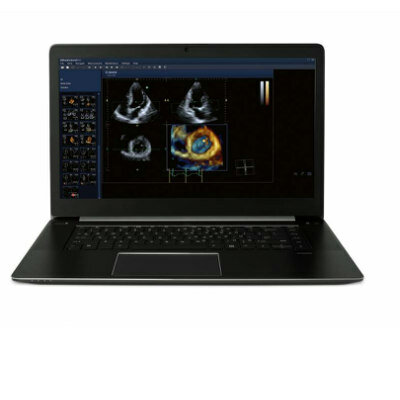Two-Part MRI Scan Detects Prostate Cancer More Quickly without Compromising Diagnostic Quality
Posted on 16 Apr 2024
Prostate cancer ranks as the most prevalent cancer among men. Over the last decade, the introduction of MRI scans has significantly transformed the diagnosis process, marking the most substantial advancement in 30 years. Currently, a standard 'multiparametric' MRI for those suspected of prostate cancer includes a three-part process, with the third part involving a dye injection. This MRI technique highlights any abnormalities that permit precisely targeted tissue biopsies, enhancing cancer detection. Fortunately, about one-third of these MRI results come back normal, providing reassurance to many and allowing them to avoid unnecessary biopsies. However, as the demand for prostate MRIs grows, the majority of men in need of these scans are unable to access them. Now, a new study has found that eliminating the dye injection step from the three-part MRI scan could make the scanning process faster and more cost-effective without compromising on diagnostic accuracy, thereby making the imaging technology more accessible.
The findings from a clinical trial led by University College London (London, UK) support the use of a two-part MRI scan for diagnosing prostate cancer, potentially leading to changes in clinical protocols. This study, known as PRIME, involved cancer specialists from 22 hospitals across 12 countries and recruited 555 patients to evaluate whether a shorter, 'biparametric' MRI without the dye injection could match the cancer detection rates of the traditional three-part MRI scan. Participants initially received the complete three-part multiparametric scan. Radiologists then evaluated the simpler two-part biparametric scan without the dye, as well as the three-part scan with the dye, for each patient. Targeted prostate biopsies were conducted as needed to verify diagnoses.

The results confirmed that the shorter two-part biparametric scan diagnosed important prostate cancer in 29% of patients, which was similar to the detection rate of the longer three-part multiparametric scan. Eliminating the contrast dye stage can reduce the scanning time by approximately one-third, which could enable more widespread use of MRI technology with the existing resources of scanners and operators. Moreover, a two-stage MRI not only saves time but also reduces costs, as it is 47% cheaper than the three-stage scan.
“The results of the trial indicate that in most patients we are unlikely to miss significant prostate cancer if we stop doing the contrast scan,” said Dr. Clare Allen, a lead radiologist on the trial from UCLH. “The scans will be quicker, cheaper and can be offered to more men. It is critical to emphasize that dropping the third part of the MRI scan is dependent on the first two parts of the scan being of high quality. MRI scanners in this study were optimized before they were used, so we would advise centers wishing to change to the two-part scan to ensure MRI scanners and image quality are optimized first.”
Related Links:
University College London














